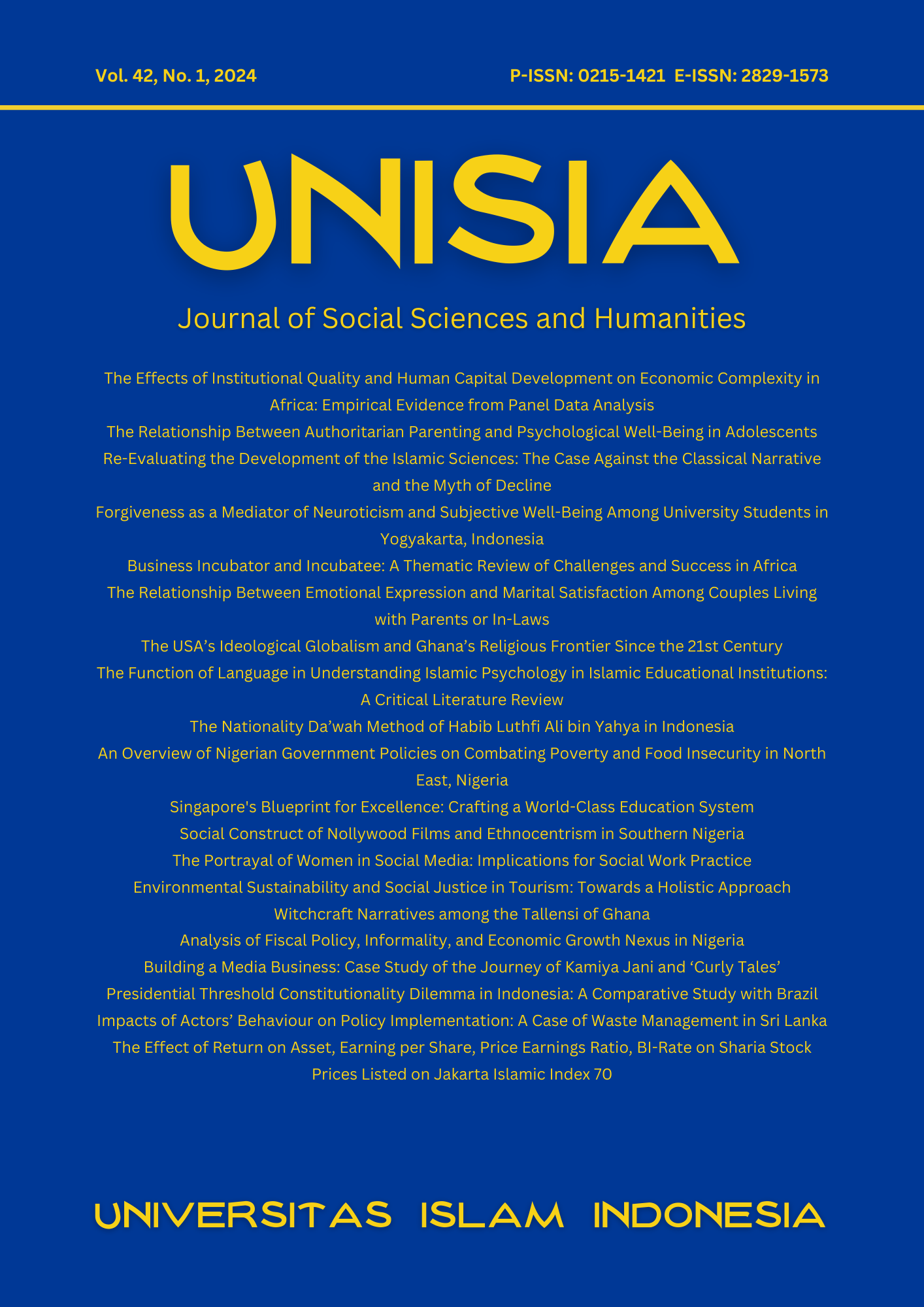Main Article Content
Abstract
Policy implementation is a complex process that involves various factors such as the personal and official interests of actors, implanting agencies, and different contexts in the country. Although municipal solid waste management is an essential policy that must be implemented in any country to fulfil citizens’ expectations of living in good health and clean environments, it is a critical issue in many countries. To address these challenges, the government of Sri Lanka introduced the National Solid Waste Management Policy in 2007, based on internationally recognized principles, including waste reduction. Evidence shows that Municipal Solid Waste Management Policy has failed in Sri Lanka. This study examines how social norms, public attitudes, and the behaviour of actors, including citizens, the private sector, public officers, and political leaders, affect the implementation of the 2007 National Solid Waste Management Policy. This qualitative study utilized primary and secondary data. Primary data were collected through 30 semi-structured interviews and two focus group discussions conducted from November 2019 to January 2020. Research findings reveal that social norms, public attitudes, and behaviour contribute significantly to increased food waste volumes in Sri Lanka as traditional practices of food preservation, and waste minimization has been replaced by changes in lifestyle and attitudes of the people over decades. Furthermore, research findings show that negative attitudes and behaviour of political and bureaucratic leaders adversely impacted policy implementation, including conflicts among actors, delayed infrastructure development, unequal and unfair resource distribution, and hindered the quality of waste management through corrupt practices.
Article Details
Copyright (c) 2024 Nadeeka Damayanthi Mahamadachchi

This work is licensed under a Creative Commons Attribution-ShareAlike 4.0 International License.
- Authors retain copyright and grant the journal right of first publication with the work simultaneously licensed under a Creative Commons Attribution License that allows others to share the work with an acknowledgement of the work's authorship and initial publication in this journal.
- Authors are able to enter into separate, additional contractual arrangements for the non-exclusive distribution of the journal's published version of the work (e.g., post it to an institutional repository or publish it in a book), with an acknowledgement of its initial publication in this journal.
- Authors are permitted and encouraged to post their work online (e.g., in institutional repositories or on their website) prior to and during the submission process, as it can lead to productive exchanges, as well as earlier and greater citation of published work.




